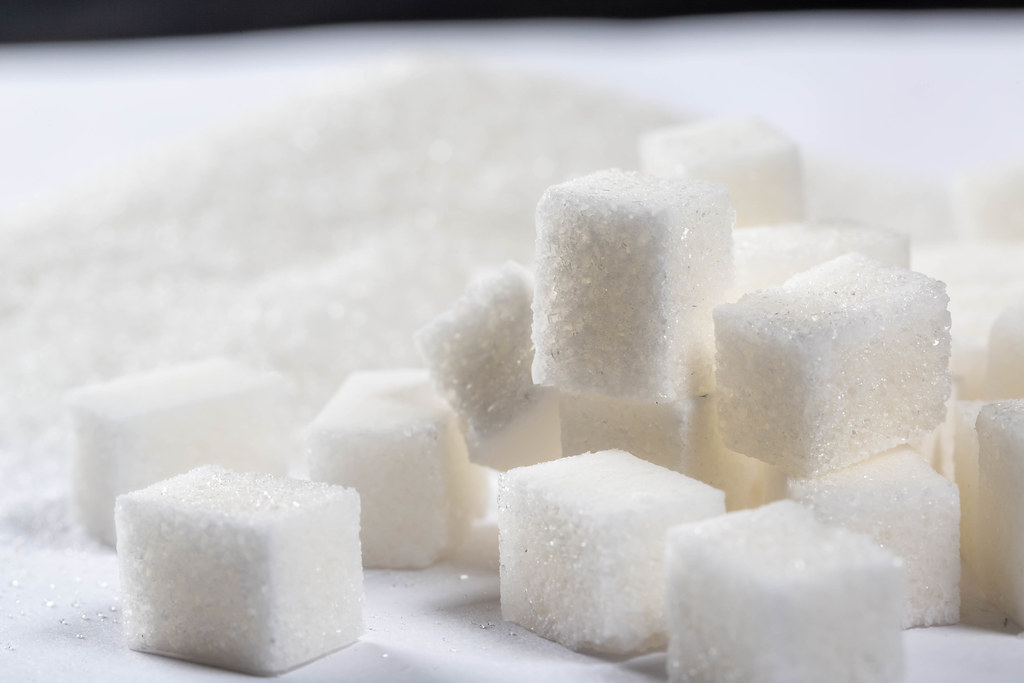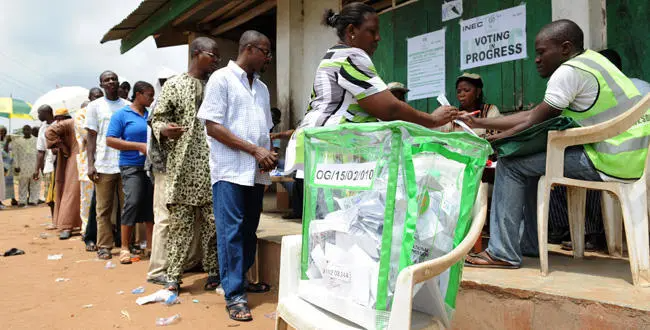
In recent weeks, some organisations have called upon the Nigerian Federal government to increase the excise tax on sugar-sweetened beverages (SSBs) under the guise of combating diabetes and obesity. While we acknowledge the importance of addressing these health concerns, it is important to be wary about the oversimplification of the issue and the misguided demonisation of SSBs.
First, it is crucial to consider Nigeria’s sugar consumption in relation to the World Health Organisation’s (WHO) recommended daily intake limit. According to the Sugar Annual Report of the United States Department of Agriculture (May 19, 2022), the per capita sugar consumption in Nigeria in 2021 was around 8 kg, which is much lower than the global average of roughly 21.4 kg per person and below 9.1 kg per annum recommended by the WHO. In addition, the diabetes prevalence in Nigeria in 2021, measured as the percentage of the population ages 20 to 79, is equivalent to 3.6% and is relatively low compared to the average global rate of 9.8%.
While excess sugar consumption should be addressed, it is noteworthy that the majority of Nigerians fall within the recommended limits. Imposing increased taxes on SSBs based on this fatuous argument disregards the larger context of overall sugar consumption patterns. Promoting a false narrative that sugar-sweetened beverages are the sole cause of diabetes and obesity is not only misleading but also detrimental to the national economy and the reputation of the producers.
Such unfounded claims can create unwarranted panic among the public, leading to a decline in consumer confidence, which can have far-reaching consequences for the beverage industry. It is essential to base decisions on scientific evidence and not succumb to alarmist rhetoric that lacks a comprehensive understanding of the issue at hand.
The evidence available to us does not support the notion that taxing soft drinks has successfully reduced obesity, or diabetes in countries where such measures have been implemented. These health issues are multifaceted and require collaboration between various stakeholders, including governments, industry, healthcare, and civil society. It cannot be adequately addressed through isolated approaches such as excise taxes on soft drinks.
The primary cause of obesity and overweight is an imbalance between calories consumed and calories expended over time. The World Health Organization (WHO) acknowledges that the high prevalence of obesity is likely influenced by a combination of factors, including genetic traits, environmental factors, and behavioural aspects that may have genetic and environmental influences.
International experience has failed to demonstrate that reduced consumption of soft drinks through taxation leads to weight loss. Weight loss requires a reduction in overall calorie intake and increased physical activity. Despite implementing soft drink taxes, countries such as Mexico, Finland, Chile, the United Kingdom, France, and Ireland continue to grapple with rising obesity rates and have not provided evidence of significant public health benefits:
Mexico introduced a sugar tax in 2014 to curb high soft drink consumption and combat their alarming obesity rates. However, obesity rates in Mexico have continued to rise.
The United Kingdom implemented a sugar tax in 2018, but there is no evidence of improving obesity rates. Obesity rates in the UK are the highest in Europe, with projections indicating further increases in overweight rates in the coming years. It is worth noting that beverages contribute only a small percentage to overall sugar intake, while confectionery accounts for a much larger portion.
In Ireland, although the soft drink tax has prompted product reformulation, there is no clear evidence of a decline in obesity and overweight rates. The reduction in sugar-sweetened soft drink consumption among teenagers has not translated into a decrease in their overweight rates.
Reports from the International Monetary Fund (IMF) and the Organisation for Economic Co-operation and Development (OECD) on taxation in Chile have highlighted that the impact of the soft drink tax on reducing sugary drink consumption does not necessarily lead to an overall decrease in sugar consumption. Studies have indicated that consumers tend to substitute the source of their sugar intake rather than reduce it significantly.
These examples demonstrate that simply implementing taxes on soft drinks does not effectively address the complex issue of obesity and overweight. A comprehensive approach involving education, behavioural changes, and broader dietary reforms is necessary to tackle these challenges successfully.
Increasing taxes on SSBs will have severe repercussions on businesses, consumers, and the government’s revenue. Nigeria’s previous implementation of a sugar tax in 2021 already had significant repercussions, as the industry faced an 8% to 10% revenue decline, and the Food and Beverage sub-sector experienced negative GDP growth. These distressing indicators foreshadow a bleak future if the proposed tax is enforced, with dire consequences including mass layoffs, factory shutdowns, and an exacerbation of the already rampant unemployment crisis, predicted to hit 41% in 2023.
To be continued tomorrow
Ajayi-Kadir is the Director General, Manufacturers Association of Nigeria (MAN).






